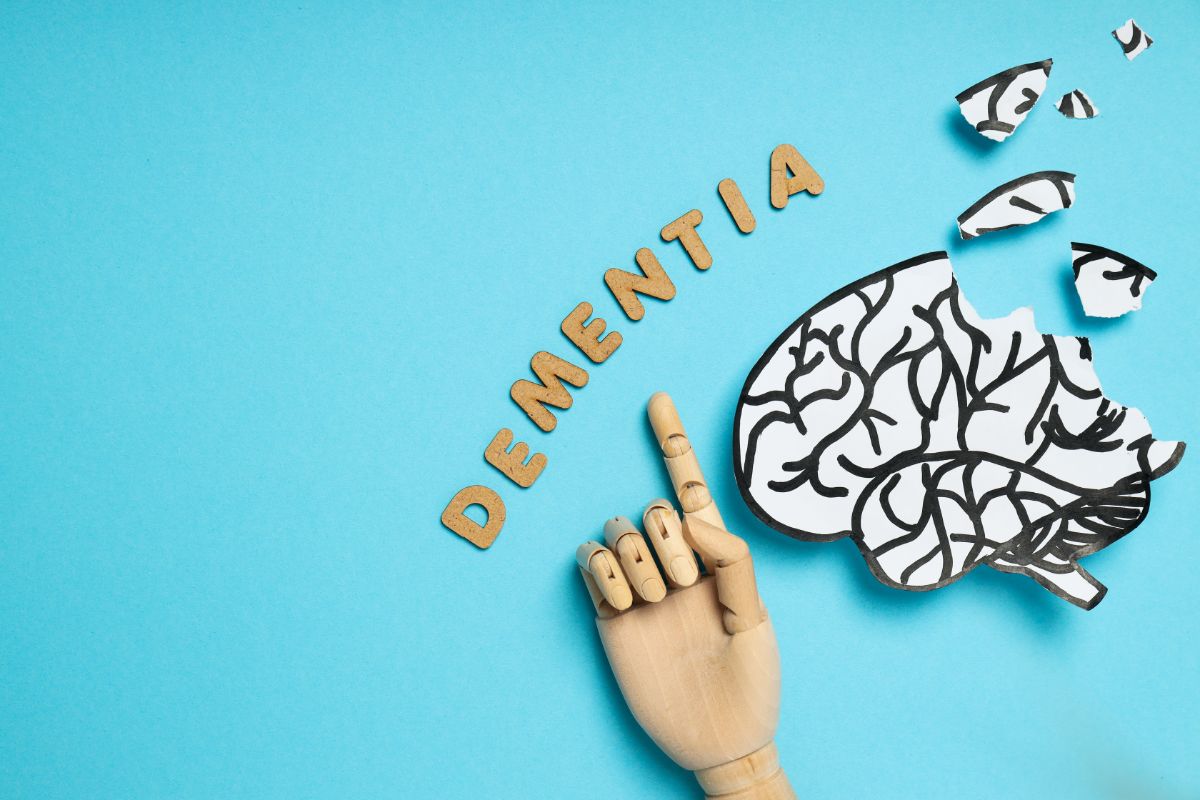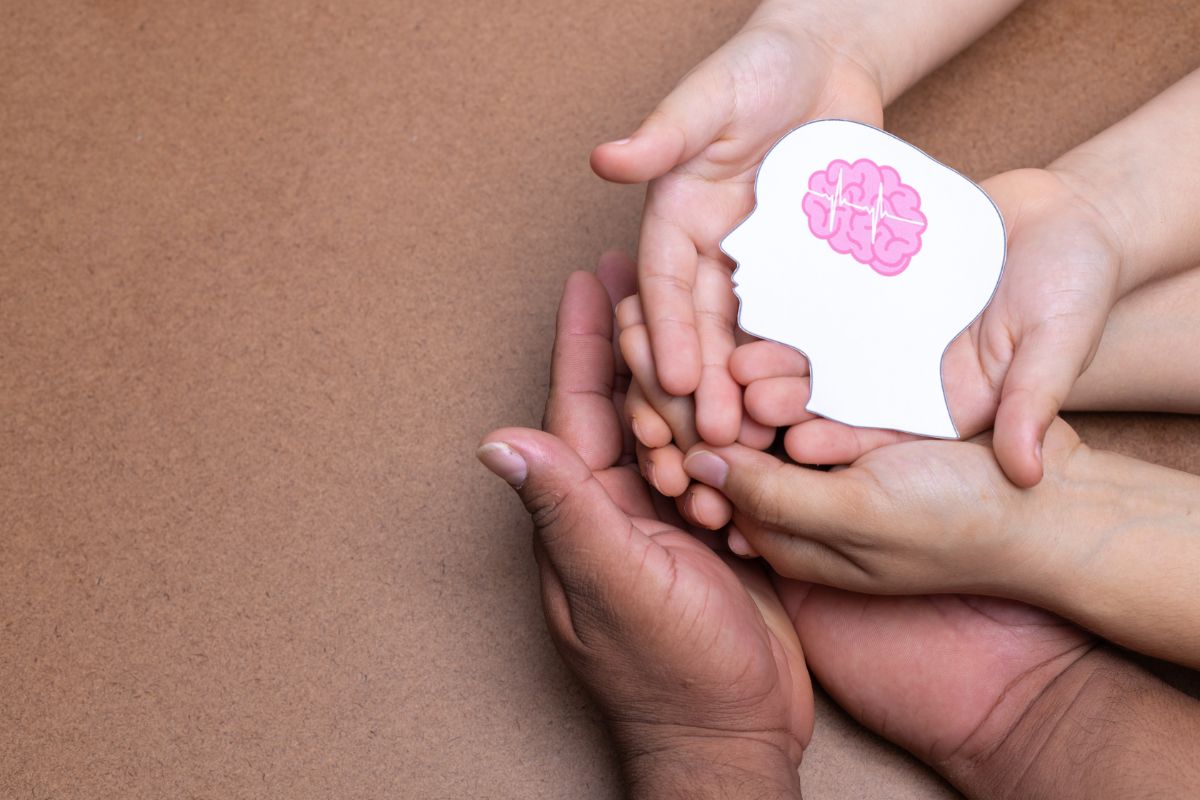In this Article
Certain bad habits can have detrimental effects on brain health. These include unhealthy sleeping patterns, social isolation, excessive consumption of sugary drinks, overeating, dehydration, and multitasking. These can all negatively impact brain function and contribute to cognitive decline.
Thus, to improve brain health, it is important to prioritize sufficient sleep, maintain social connections, choose healthier drink alternatives, practice portion control, stay adequately hydrated, and avoid excessive multitasking. By addressing these habits, individuals can promote better brain health and overall well-being.
Read on for a more in-depth look at these habits and their effects on cognitive health.
We all have a few bad habits — even if we know better. But did you know that some of these bad habits can take a serious toll on your brain’s health?
We don’t often think about taking care of our brains the same way we take care of our bodies. But, to be at your best, you should think about what you can do to improve brain health, and what you’re currently doing that can cause that health to decline.
To start, take a look at these bad habits that hurt your brain — if you’re doing any of these, you might want to begin adjusting your lifestyle.
Having a bad sleeping schedule — like skimping out on sleep — is one of those bad habits.
Poor sleep hygiene and missing out on adequate, restorative rest leaves your brain exhausted and unprepared for the upcoming day. The risk of daytime sleepiness, depression, and poor attention and memory are also increased. Studies have even shown that lack of sleep is linked to an increased risk of dementia, compared to those who get adequate sleep.
If you have trouble sleeping, you should avoid coffee, alcohol, and gadgets (such as your TV or phone) near bedtime. Instead, create and follow a soothing bedtime routine at night to help you wind down for sleep. Here, consistency is key — once you’ve established a routine, you can reliably go to bed at the right time and sleep soundly through the night.
We are social creatures — humans need consistent human interaction not just to survive, but thrive. Social interaction is also crucial for a healthy brain, and isolating yourself can pose a risk to your health. In fact, older adults who experience social isolation and constant feelings of loneliness are more likely to experience cognitive decline and depression.
Even if you have just a few close friends, make sure to give time for hanging out and talking to them. Not only will this make you happier, but it’ll also help with cognitive performance in the long run. You can also try taking up new social hobbies where you can meet new people if you want to expand your social circles.

Having a diet that’s chock-full of sugary drinks can alter how your brain functions. Processed sugar can affect the levels of “good” bacteria in your gut, because it actively feeds the “bad” ones, like Clostridiales (Clostridium spp) and Bacteroidales (Bacteroides spp). These bad gut bacteria are associated with decreased spatial memory and cognitive flexibility.
And, high-sugar diets directly cause higher glucose levels in your bloodstream. This impacts the production of the Brain-Derived Neurotrophic Factor (BDNF), a brain chemical used for facilitating information processing and recall.
So, instead of reaching for that can of soda, consider healthier, brain-boosting alternatives — like Bacopa Monnieri tea. There are many well-documented benefits that this herbal tea has for your brain. And, having a few cups of this drink is a great way to keep your brain healthy, soothed, and nourished throughout the day.
Likewise, there’s the concept of “too much of a good thing.” If you overeat — even if your diet is full of healthy food — you’re at risk of harming both your body and brain.
Consuming too many calories affects your heart and blood pressure, which is linked to an increased risk of cognitive impairment. This means your brain struggles to build and use a strong network of neural connections, which then impacts your ability to think, recall, and process information.
If you’re having problems scaling back on the amount you eat, see a doctor. They may be able to recommend a nutritionist and a diet plan that will work for you.
Your brain is mostly made up of water (about 75% of it is). So, water is pretty important for your brain’s function and health. If you’re constantly lacking water, then your brain is unable to function properly.
You may not even notice that you’re not getting enough water every day, since many signs of dehydration don’t even look like they’re linked to dehydration. For example, did you know hunger pangs and bad breath could be a sign you need more water?
To combat this, be mindful of how much fluids you’re taking in every day. Depending on your age, height, weight, gender, and lifestyle, you could need anywhere from 2.7 to 3.7 liters of water every day. And, make sure to drink more than usual when the weather is warm, or you’ve had a physically demanding day. A good sign of adequate hydration is your urine color — it should be a pale yellow color.

Watching TV while eating, texting while doing work, talking to someone while cooking — we’ve all multitasked. Chances are, it’s a commonplace thing in your life. But, no matter how good you think you are at multitasking, doing so can cause damage to your brain.
Turns out, our brains are simply not wired for multitasking. What actually happens when you think you’re multitasking is your brain is just switching from one task to the other rapidly — and every time they make that switch, there is a cognitive cost.
Each switch triggers an increase in cortisol, a stress hormone, as well as the fight-or-flight hormone adrenaline. Increased levels of these hormones then overstimulate your brain, which causes the feeling of brain fog. So, avoid overloading your brain with so many tasks and information at once, and try to organize your day to avoid taking on tasks at the same time.
A few tweaks to your lifestyle and avoiding these bad habits that hurt your brain could do wonders for your health in the future. Taking steps now to protect your brain may help you boost your mental resilience, cognitive function, and overall health of your brain in the long run!

Overview This article talks about the different stages of dementia and

What are the early symptoms of dementia? Memory loss that disrupts eve

Overview Alzheimer’s disease can be influenced by genetics, but

What are the characteristics of Alzheimer’s disease? Memory loss Dif